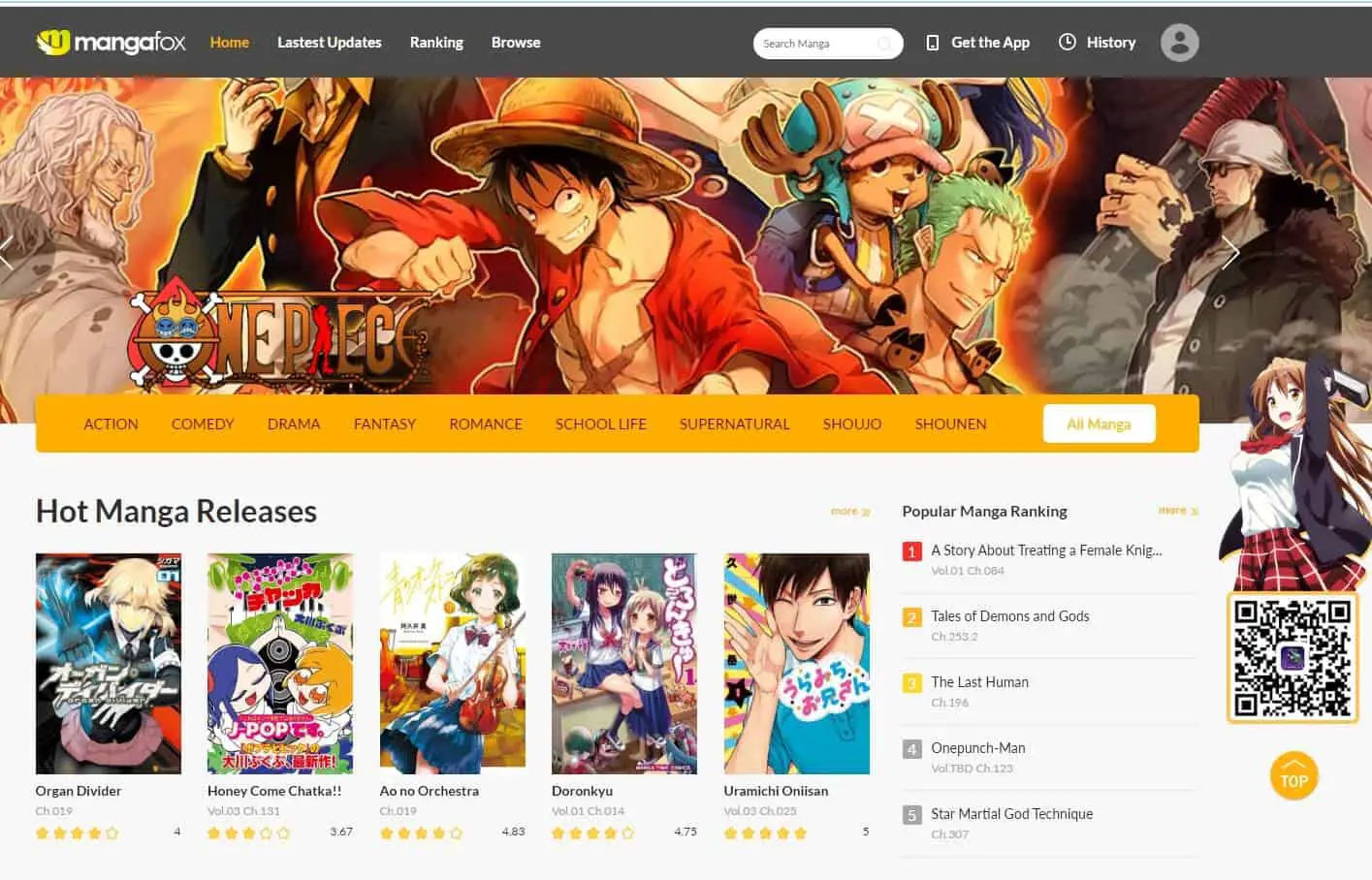Manga bato – MangaBato, a once-popular online platform for reading manga, offers a compelling case study in the complexities of digital content distribution. Its history reflects the evolution of online manga access, from its humble beginnings to its current status, grappling with legal and ethical challenges inherent in providing free access to copyrighted material. This exploration delves into MangaBato’s rise, its user community, the content it offered, and the significant legal and ethical implications it faced.
This examination will trace MangaBato’s journey, analyzing its user base, the range of manga available, and the ongoing debate surrounding its legal and ethical standing. We will explore the platform’s impact on the manga reading experience and consider its lasting legacy within the broader context of digital media consumption.
MangaBato: A Deep Dive into its History, Community, and Future: Manga Bato
MangaBato, once a prominent online platform for reading manga, holds a significant place in the history of online manga consumption. This article explores its evolution, community, content, legal aspects, and potential future trajectory.
Check tallahassee florida craigslist to inspect complete evaluations and testimonials from users.
MangaBato’s History and Evolution, Manga bato
MangaBato’s origins are rooted in the early days of online manga sharing, driven by a desire to provide free and accessible manga to a wider audience. Its initial purpose was simple: to offer a centralized repository of various manga series. Over time, MangaBato underwent several significant changes. Early versions featured a basic, text-heavy interface with limited visual appeal, prioritizing functionality over aesthetics.
The current design, while still relatively simple, incorporates improved navigation, better search capabilities, and a more user-friendly layout. Technological advancements, particularly in web development and database management, greatly enhanced MangaBato’s functionality, allowing for larger manga libraries, improved image loading speeds, and better user experience.
A timeline of key milestones could include:
- Early 2000s: MangaBato’s launch and initial growth, focusing on providing a basic platform for manga reading.
- Mid-2000s: Implementation of improved user interface and community features, such as forums and comment sections.
- Late 2000s: Increased focus on user experience with better image optimization and improved navigation.
- 2010s: Integration of new technologies and potentially a shift towards mobile-friendliness.
- 2020s: Facing increased legal challenges and eventual closure.
MangaBato’s User Base and Community
MangaBato attracted a diverse user base, primarily composed of manga enthusiasts from various age groups and backgrounds. The platform fostered a strong sense of community through its discussion forums and comment sections. Users shared their opinions on manga, discussed plot points, and engaged in debates about their favorite series. User-generated content included reviews, fan art, and translations. Compared to other online manga communities, MangaBato was characterized by its relatively open and inclusive atmosphere.
While precise data is unavailable, hypothetical user feedback could be summarized as follows:
| Feedback Type | Frequency | Sentiment | Suggested Action |
|---|---|---|---|
| Website Navigation | High | Positive (for improvements made), Negative (for initial versions) | Continue refining navigation; implement advanced search filters. |
| Manga Selection | High | Positive (wide variety) | Expand the library with more obscure titles. |
| Community Features | Medium | Mixed | Moderate moderation to prevent spam and toxicity. |
| Mobile Responsiveness | High | Positive (for mobile friendly versions), Negative (for early versions) | Ensure compatibility across all devices. |
MangaBato’s Content and Features

MangaBato’s content library comprised a vast selection of manga series, spanning various genres and demographics. The platform offered various reading options, including different viewing modes and the ability to adjust panel sizes. Manga were categorized and organized by genre, author, and release date. Compared to other platforms, MangaBato’s selection, while extensive, might have lacked some officially licensed titles.
A hypothetical improved user interface could feature a more intuitive search bar with advanced filtering options, a personalized recommendation system, and improved chapter navigation.
MangaBato’s Legal and Ethical Implications
The hosting of copyrighted manga on MangaBato raised significant legal and ethical concerns. Providing access to unlicensed content infringed upon copyright laws, potentially exposing the platform and its users to legal action. Using MangaBato for manga consumption carried risks, including potential malware exposure and the support of illegal activities. Compared to legal manga platforms, MangaBato operated in a legally gray area.
Potential solutions could include implementing stricter copyright enforcement or collaborating with publishers to offer legally licensed content.
The Future of MangaBato (Hypothetical)
While MangaBato no longer exists in its original form, imagining its potential future development is insightful. Advancements in AI and machine learning could have enabled more sophisticated recommendation systems and automated content moderation. Innovative features such as integrated social features and enhanced accessibility options could have further improved user engagement. However, the ongoing challenges of copyright infringement and legal pressures would have remained significant obstacles.
A hypothetical press release announcing a major update might highlight a transition to a legally compliant model, perhaps through partnerships with publishers or a shift to focus on fan-created content within legal boundaries.
MangaBato’s story serves as a cautionary tale and a fascinating example of the challenges faced by online platforms attempting to balance user demand with copyright laws. While its legacy remains controversial, its impact on the way many accessed manga cannot be ignored. The platform’s evolution highlights the ongoing tension between free access to digital content and the rights of copyright holders, a debate that will continue to shape the future of online entertainment.

